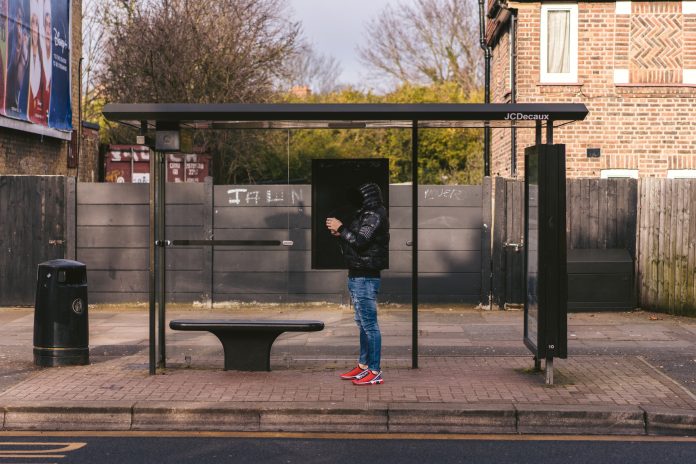The latest REACT figures show that 90% of UK virus cases are now the Delta variant, with the highest rates of infection in those aged 18-24
The Real-time Assessment of Community Transmission (REACT) programme was commissioned by the Department of Health, to officially track how COVID-19 is spreading.
How is Delta changing the game?
Currently, the UK is facing rising infection rates due to the Delta variant, originating in India. With the majority of those aged 50 and over vaccinated, the REACT study reveals that rates of infection are now highest in those aged 18-24, then those aged 5-12 years old.
The rate of infection is 2.5 times higher in those aged under fifty than over fifty – but the infection rates in both are growing at the same speed.
The R is now 1.44, which means that 10 infected people would pass the virus to another 14 people. The R rising above 1 again is a significant concern.
Kelly Beaver, Managing Director, Public Affairs at Ipsos MORI, said: “While the rise is small, the increase of the R number to over one highlights that number’s potential to increase rapidly, an important reminder to get vaccinated when you can.”
In the April data drop, it was school-aged children who had the highest rates of infection – as would be expected, with schools re-opened and students accessing their face-to-face education.
In the May data drop, the scientists behind this tracking study warned that Delta would potentially dominate in the UK. Now, they find that the Delta variant is responsible for 90% of UK virus cases tested in mid-June. A separate study, released on Monday, found that the Delta variant was twice as likely to hospitalise patients as the Alpha variant.
‘More hospitalisations and deaths’, if vaccines are not taken
Professor Steven Riley, Professor of Infectious Disease Dynamics at Imperial, commented: “Even though we are seeing the highest infection prevalence in younger people who are less susceptible to COVID-19, if this growth continues it will drive up infections in older, more vulnerable people, as the vaccines are not 100% effective and not everyone has been fully vaccinated.
“This would lead to more hospitalisations and deaths, and risks straining the NHS, which is why it’s vital that people take up their vaccine offer and continue to stick to the rules.”











